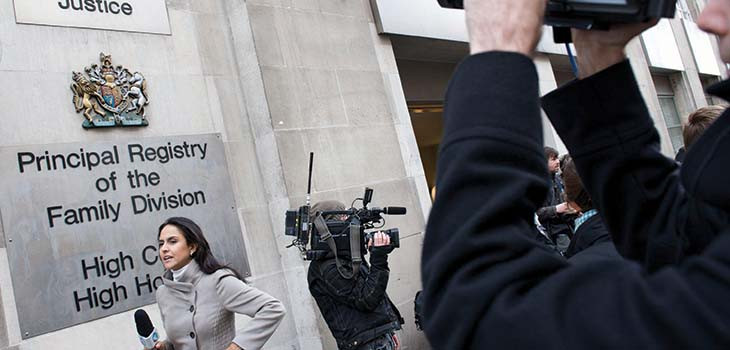
- The hierarchical system of precedent and stare decisis.
- The rationes of Mr Justice Mostyn’s previous decisions regarding the privacy position in family cases.
- The need to take account of all relevant aspects to privacy of the CPR 39 and FPR 2010 as representing a codification of the common law.
A short series of judgments over the past few months have seen Mr Justice Mostyn recant former views on privacy in family proceedings and—especially on anonymity—to alter his previous position as a judge. The most recent of these cases is Xanthopoulos v Rakshina [2022] EWFC 30 (X).
Part 1 of this two-part series asserted that open justice comprises four main elements:
(1) Is the court open for general purposes, as is the case with most criminal and civil proceedings?
(2) What documents can be released to non-parties (eg the press) before a hearing (eg pleadings, skeleton arguments)?
(3) What









